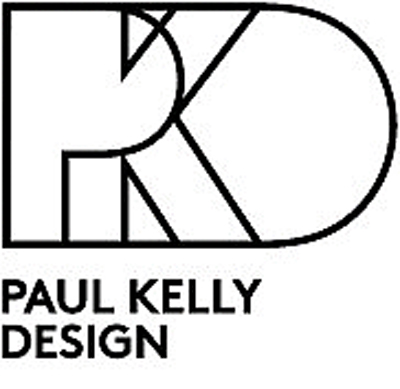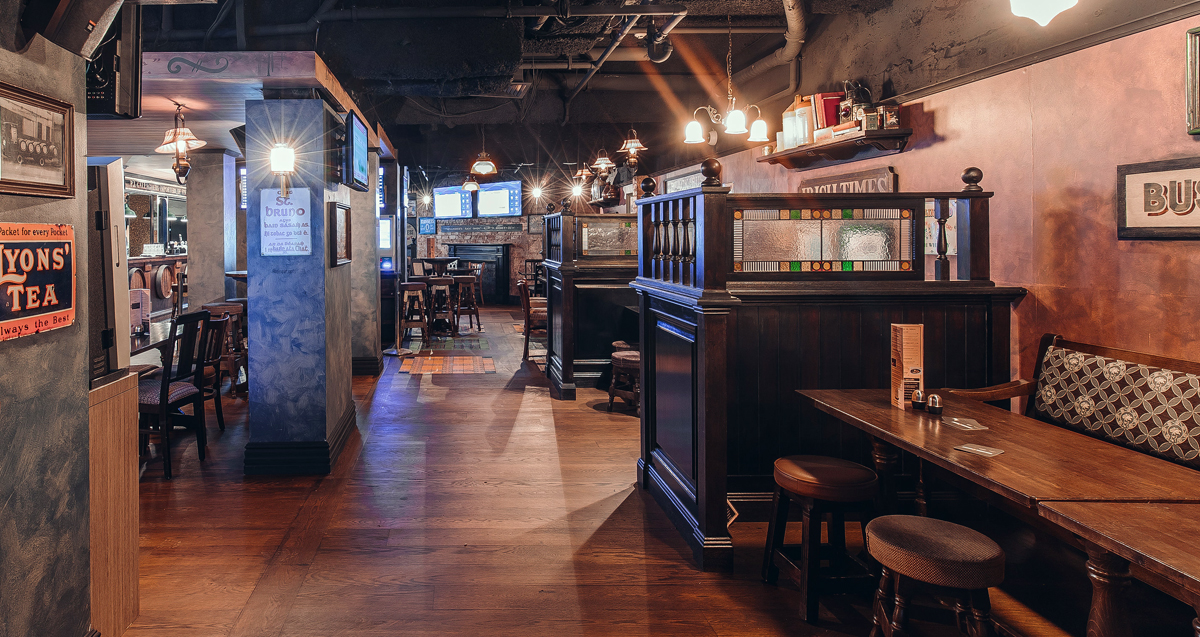Renovations
Situation Renovation
The shock of businesses being forced to shut down by government in late March soon gave way to the realisation that there is never normally such a time to attend to aesthetics than when no customers are allowed near the place. Even since pubs began to trickle open again in June there have come individual requirements by states to make public places better suited to minimising public contagion.
People management by design is a sophisticated pursuit, and a good percentage of locations used to entertaining masses of mobile and product-hungry consumers have side-stepped to fit the changed situation.
One of the most effective ways to achieve significant changes inside a venue without major works is a refresh of interior joinery and furniture.
Identity Furniture is a leading specialist in custom and commercial furniture for pubs and clubs, with in-house facilities in metals and brass fabrication, timber construction and machining, and upholstery. The company regularly works with designers and architects, who are typically sensitive to the finer points of function, design and supply assurance.
Beyond its manufacturing resources, Identity prioritises items that are safe for commercial use and created to withstand the harsh environment of exposure to the general public. To this end Identity engineered and created its own patented simulator, which it calls The Pub Test.
A dead weight of 240 kilograms is lowered onto an item of furniture, which is then gyrated on a hard surface. The test is found to simulate 12 months of general use in around 60 seconds, leaving many lesser items unsound or completely destroyed. Identity employs the rigorous procedure to its own products.
“We offer a 6-year structural guarantee on chairs we sell able to withstand the full testing cycles of The Pub Test,” states Identity managing director Dan Fysh.

New England Construction (NEC) is a full-service building company that works with hotel operators at all levels, its portfolio including ground-up greenfield sites for the likes of the Feros Goup and Royal Hotels.
NEC notes that a number of pub clients held off smaller projects scheduled to take place during the shutdown period, in the name of conserving liquidity. At the same time, others accelerated plans and took the leap to make use of the mandated changed trading conditions.
What the company reports is that those who forged ahead have reaped significant benefits, such as getting more construction works done in a day, and finding greater competition amongst trade contractors. In contrast to the general upheaval in hospitality, the supply chain for building materials has generally been stable.
The streamlining has seen a number of projects finish ahead of schedule, significantly a $19 million build handed over two months before the slated completion date. It has also enhanced or facilitated some major works that may not have been possible were it not for the shutdown without major disruption to trade.
New South Wales Government guidelines stipulate hoteliers must endeavour to “Reduce the number of surfaces touched by customers”. This presents unique challenges to venues, but NEC suggests there should be serious consideration given to the competing motivations of: what should be a long-term change and add value to the premise, versus what should be temporary and potentially removed later.
Very recent discussions with clients have found focus on elements such as:
- Installation of privacy walls outside bathrooms, to eliminate the need for entry doors
- Installation of touchless tapware and toilets to facilities
- Use of auto-sliding doors into bathrooms, bottleshops and gaming lounges
- Retrofitting auto-sliding doors to existing entries
- Additional joinery units and plexiglass to accommodate interior changes and safety systems
Renovations
NEC is also being asked to work in technology solutions, introducing the likes of additional infrastructure for remote table ordering, and AI technology in gaming rooms that senses when a machine is in use and powers down adjacent machines within 1.5 metres.
“As we move forward managing COVID-19 we need to consider public health more closely in design,” bodes Stephen Geissler, NEC managing director.
“Making changes now doesn’t have to be costly, just calculated.”

Paul Kelly Design is one of the best-known and respected hospitality designers in the country, with a diverse team and decades of experience optimising the layout and appearance of pubs and gaming rooms.
PKD found when the shutdown dust settled a lot of projects in transition were re-started, although many with models tweaked to count considerations brought on by COVID-19. This has largely taken the form of designing a series of smaller experiences that can be opened and closed-off as required. Emerging as a preference to larger spaces, these more compact zones offer more versatility for different demographics.
“With everyone falling back in love with the local hotel, we are looking to really separate market types and not have them cross-pollinating as much,” furthers CEO Paul Kelly.
“We’re making the designs of these venues simple for a new customer, to both navigate and to select the area that suits their needs.”
PKD has a history with designing some of the country’s top-performing gaming rooms, and the guidelines around social distancing have certainly thrown the cat amongst the pigeons, as facilitating the current 1.5-metre gap presents the dual options of temporary re-arrangement of EGMs or switching off alternate or pre-determined machines to force player dispersion.
The Gaming Guard product being produced by PKD is aiming beyond the restriction period. Similarly, gaming rooms are seeing more sophisticated mechanical systems, such as bigger exhausts, which as well as removing more smoke serve to give occupants a greater feeling of a ‘fresh’ environment.
“The rooms we are designing at the moment have normal spacing between machines as our clients do not believe that the social distancing will be enforced for long.”
For much of this year Australians have been unable to travel, and ordered to stay away from institutions such as pubs typically seen as part of the social fabric. A meal at the pub has taken on fresh new appeal simply being one not cooked at home, and with a wider demographic coming to the pub Kelly sees the current environment as a second chance for pubs to impress newcomers, while allowing publicans to split and satisfy individual markets.
“It’s a good time for hotels to say hello to the market, with the new layouts and business models showing the customer that indeed a pub experience is for them.”

Image: PJDA
A product of uncertain times it is that further change is virtually assured, and future planning policies will call for things different to those in force today, bringing continued new requirements in new or traditional methodologies, if not both. Peter Jay, another career hospitality design specialist, offers that dynamic market demands and public health requirements will continue to be a factor in hospitality businesses going forward.
“Customer expectations are changing, and operations must adjust accordingly to shape each customer’s experience.
“Patrons will expect more,” he predicts.
Peter Jay Design is taking the approach that most if not all works around physical spacing in the COVID-19 era should be fully reversible, and hurried changes will almost certainly prove unwanted
some time ahead. Some things, such as improvements in communal hygiene, will benefit all and should be incorporated long-term, while others may have quite a limited lifespan.
A leading consideration, therefore, is planning for adjustment as new modes of operation take hold.
“The constant today is that the rules will change tomorrow; any plans should include a reasonable degree of flexibility and adaptability,” he suggests.
“Darwin’s theory of survival of the fittest states it is not necessarily the biggest or strongest that survives, but the one who adapts or changes quickly to the new environment. Investors, owners and operators with rigid styles of business will be challenged and find times difficult.”
